In recent years, there has been a growing conversation around the decriminalization of certain psychedelic substances. This conversation has gained momentum in California, where Senator Scott Weiner recently introduced Senate Bill 58, which would allow people aged 21 or older to own or prepare “certain hallucinogenic substances,” including psilocybin, psilocyn, dimethyltryptamine (DMT), ibogaine, and mescaline. This bill, if passed, would have significant implications for the use and study of magic mushrooms, or psilocybin mushrooms. In this blog post, we’ll explore what this bill means for mushroom spores, as well as the benefits of mycology and microscopic spore research.
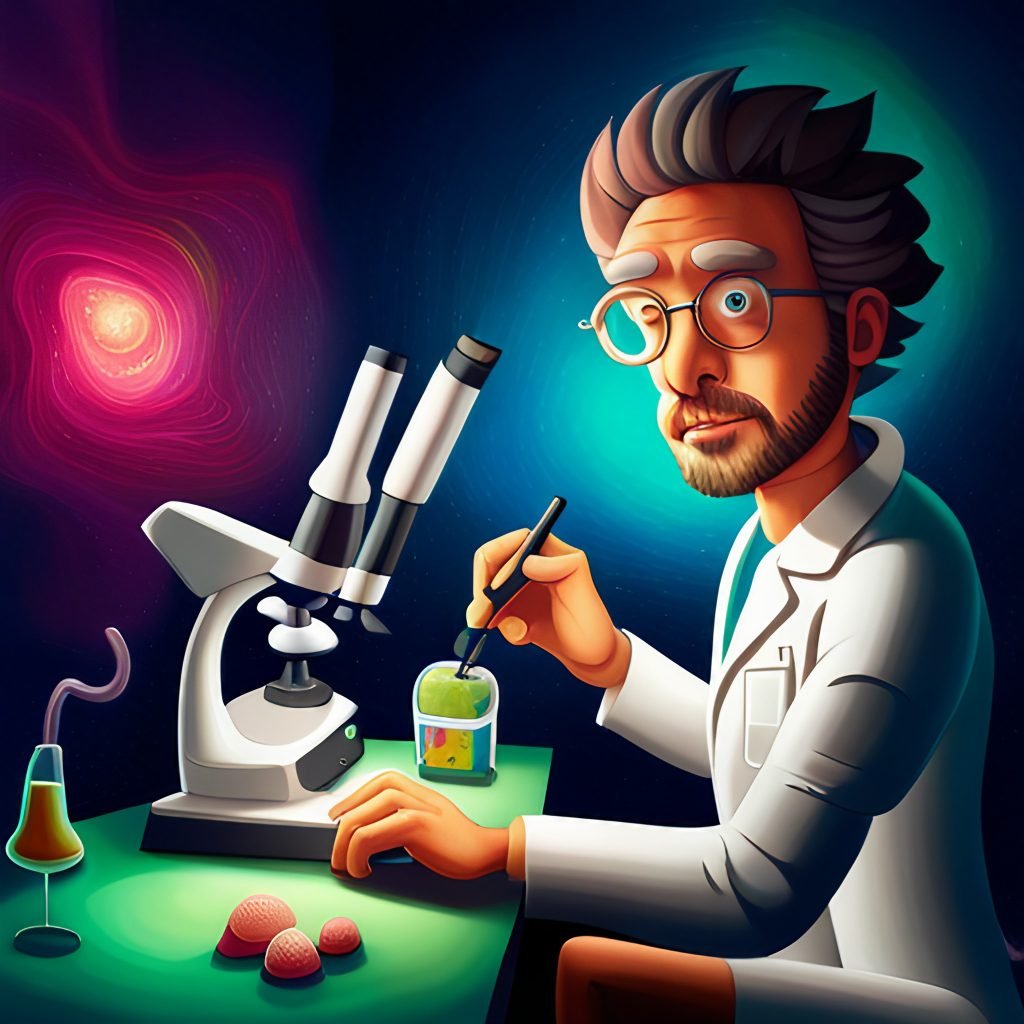
First and foremost, it’s important to note that Senate Bill 58 is still in its early stages, and it’s unclear whether it will ultimately pass in its current form. That said, the fact that it has been introduced is a significant development in the ongoing conversation around psychedelic decriminalization. One of the substances that this bill would decriminalize is psilocybin, the psychoactive compound found in magic mushrooms.
For many people, the idea of decriminalizing psychedelic substances is controversial. However, proponents argue that these substances have significant potential therapeutic benefits and could help those struggling with various mental health issues. There has been a growing body of research demonstrating the potential of psilocybin mushrooms to treat depression, anxiety, PTSD, and other mental health conditions. Decriminalizing these substances could make it easier for researchers to study them and determine their full potential.
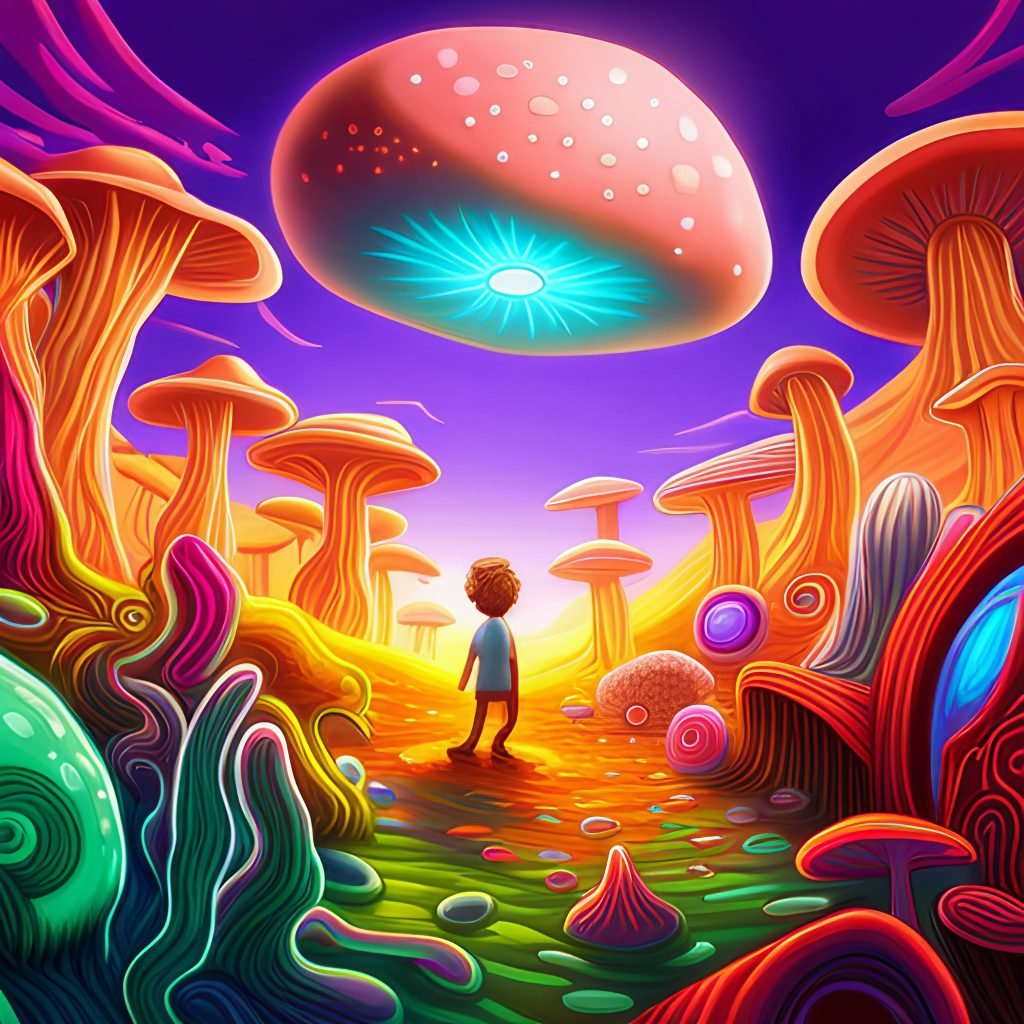

Mycology is the study of fungi, and it holds enormous potential in a range of fields, including medicine, biotechnology, and more. One area where mycology is particularly important is in the study of mushroom spores. Spores are microscopic reproductive structures that are essential to the growth and propagation of fungi. By studying these spores, scientists can gain a better understanding of the genetics and evolution of different species of fungi.
One of the benefits of mycology and mushroom spore research is the potential to find new medicines and treatments. Many of the compounds found in mushrooms have significant medicinal potential, including antibiotics, antivirals, and cancer-fighting agents. By studying mushroom spores, scientists can identify new compounds and molecules that could be used to develop new drugs and treatments.
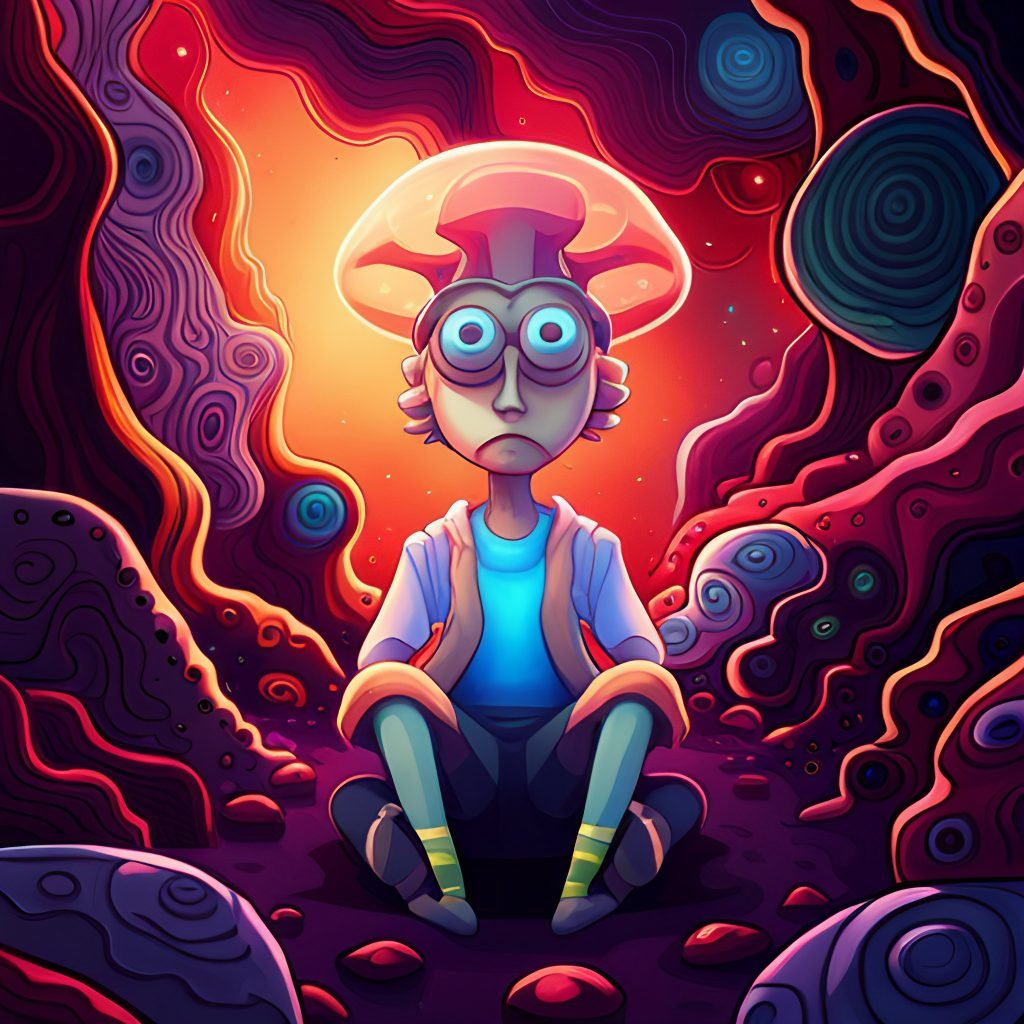
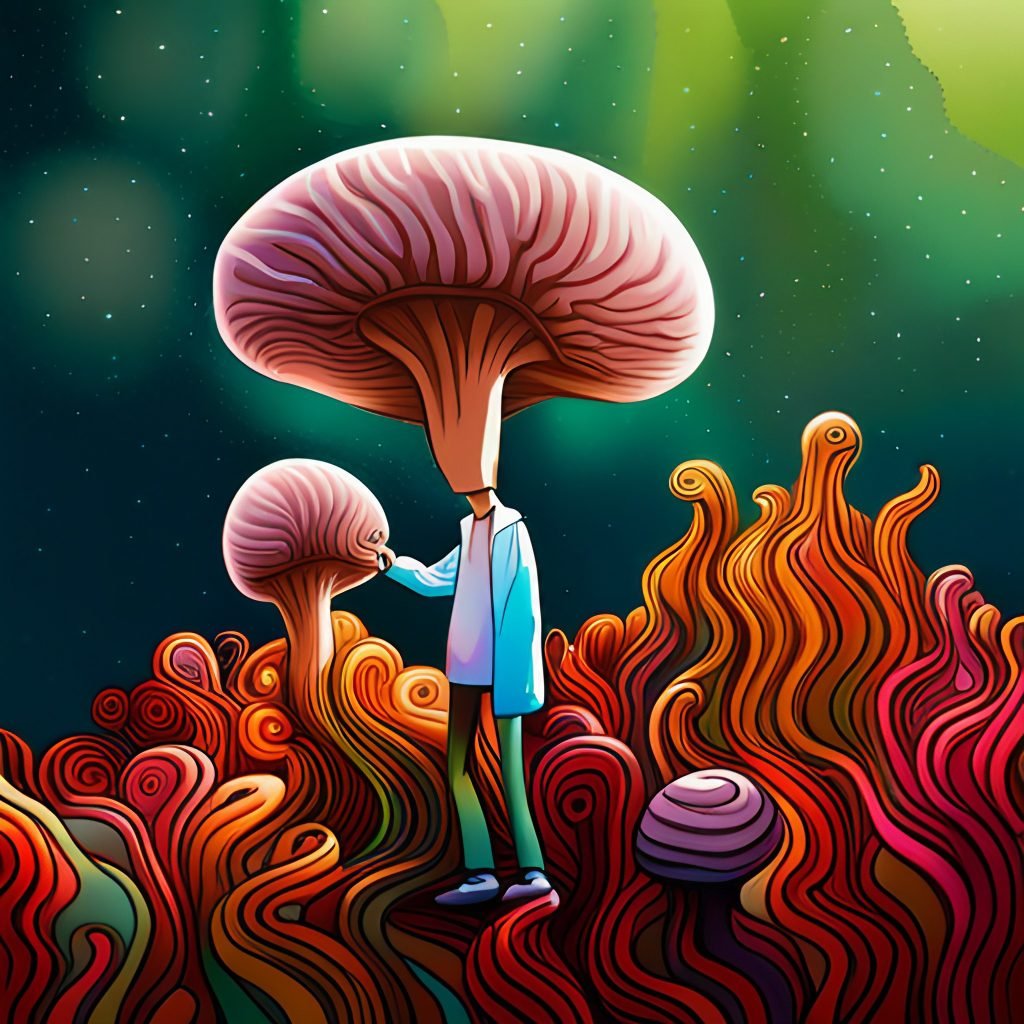
Another benefit of mycology and mushroom spore research is its potential impact on agriculture. Fungi are essential to healthy soil and plant growth, and studying their genetics and biology could help us develop more effective and sustainable agricultural practices. For example, by studying the genetics of beneficial fungi like mycorrhizae, we can learn how to optimize soil health and nutrient uptake, ultimately leading to healthier, more abundant crops.
In conclusion, the decriminalization of psychedelic substances, including psilocybin mushrooms, could have significant implications for both the study of mycology and the development of new medicines and treatments. While there is still much debate around these issues, it’s clear that mushroom spores and the study of fungi hold enormous potential in a range of fields. By continuing to explore these areas, we may be able to unlock new insights and innovations that could have a transformative impact on society for years to come.
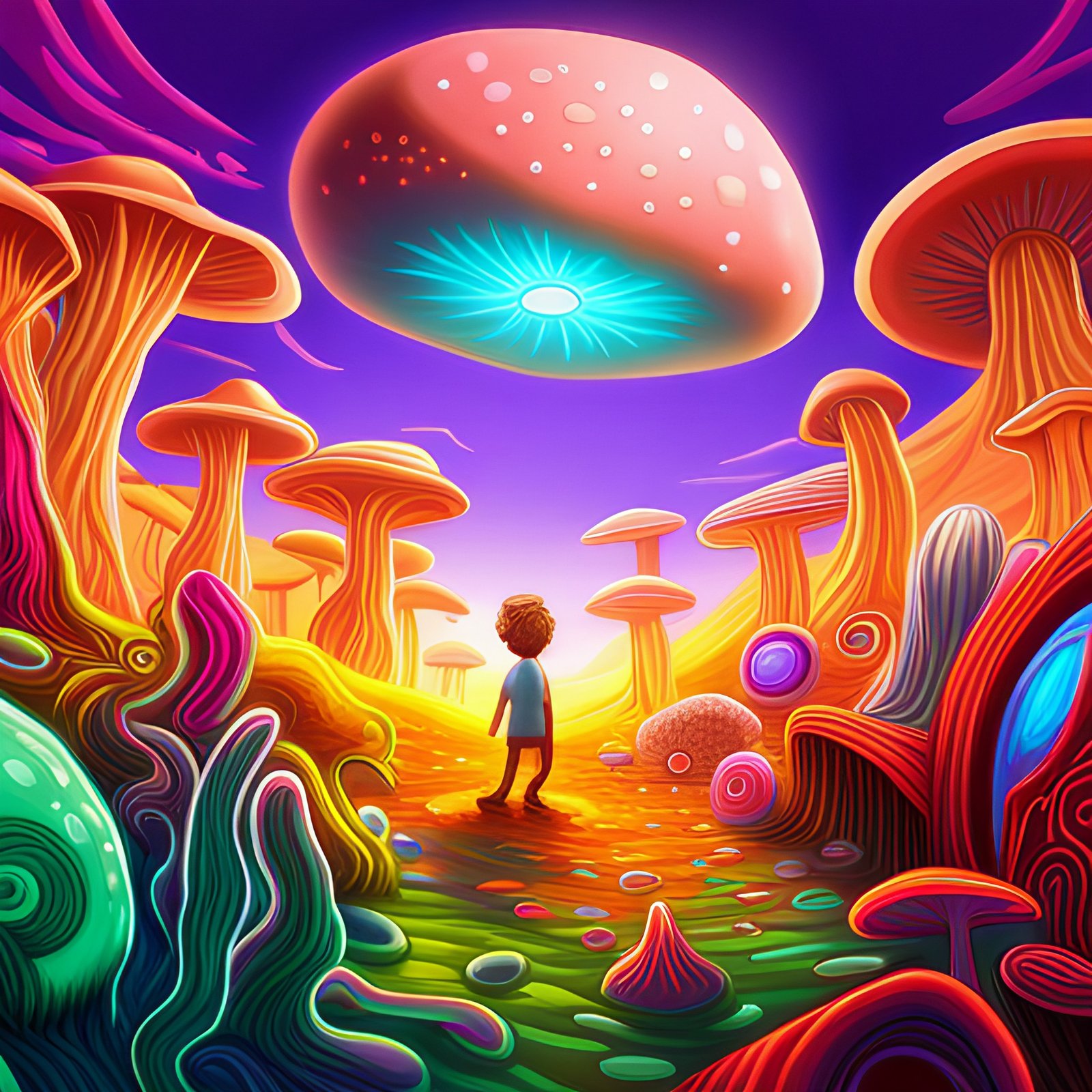
Leave a Reply